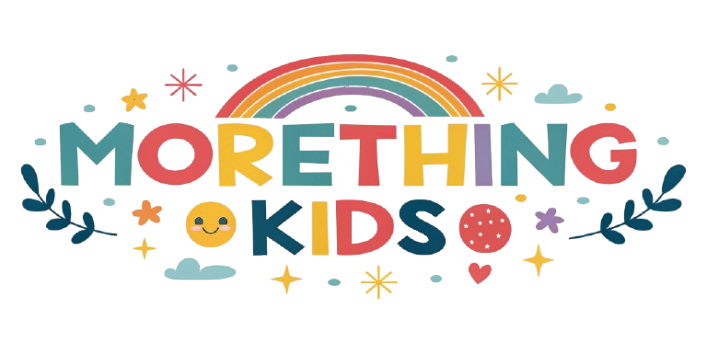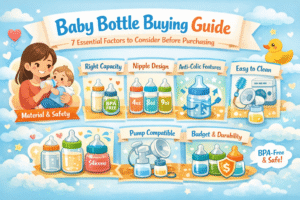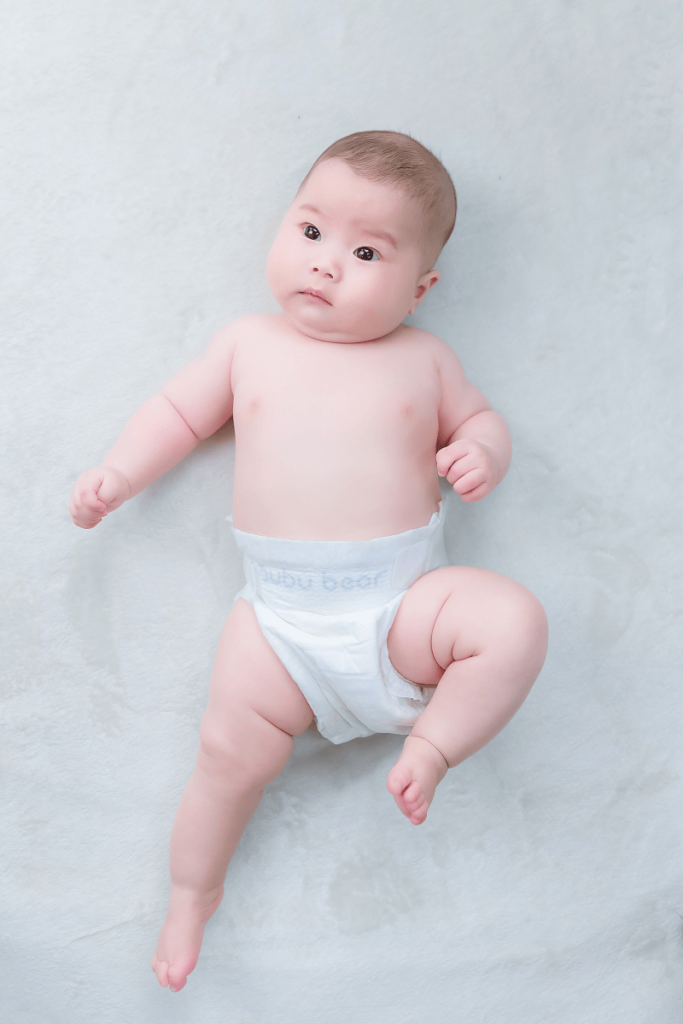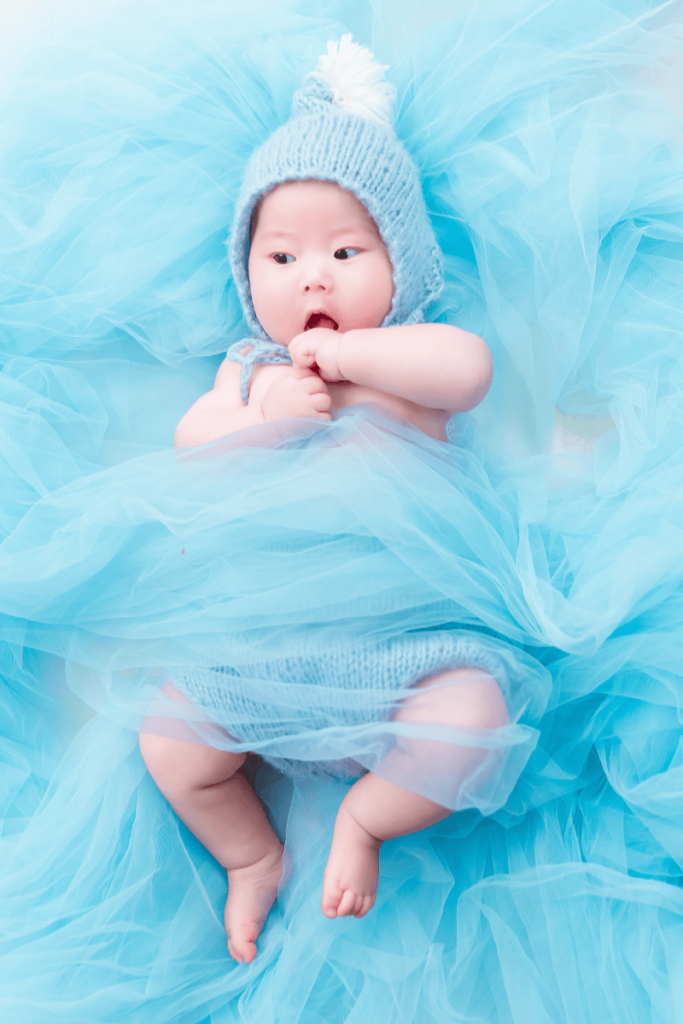Choosing the right baby bottle is crucial for your baby’s health and growth, and the material of the bottle is a key factor. The most common baby bottle materials on the market are glass, plastic, stainless steel, and silicone. Each material has its own advantages and disadvantages. This article will provide a detailed analysis to help you find the most suitable bottle for your baby.
1. Glass Baby Bottles
Advantages:
- Safe and Non-Toxic: Glass does not contain harmful substances like BPA and has high chemical stability.
- Heat Resistant: Can withstand high-temperature sterilization without deformation, making it suitable for sterilizers and microwaves.
- Does Not Retain Odors: Milk residue does not easily adhere, making it easy to clean and odor-free.
- Durable: Scratch-resistant and does not turn yellow or become cloudy over time.
Disadvantages:
- Heavy: Glass bottles are heavier than plastic ones, making them harder for babies to hold.
- Breakable: Prone to breaking if dropped, posing a safety hazard.
- Higher Cost: More expensive compared to plastic bottles.
2. Plastic Baby Bottles
Advantages:
- Lightweight: Easier for babies to hold by themselves.
- Shatterproof: Will not break if dropped, making it safer.
- Affordable: More budget-friendly compared to glass bottles.
Disadvantages:
- Lower Heat Resistance: Some plastic bottles may release harmful chemicals like BPA when exposed to high temperatures (opt for BPA-free plastic bottles to avoid this issue).
- Prone to Scratches and Yellowing: Can become scratched, discolored, or aged over time.
- Odor Absorption: More likely to retain milk odors and stains, requiring extra cleaning effort.
3. Stainless Steel Baby Bottles
Advantages:
- Durable: Resistant to drops, rust, and corrosion, ensuring a long lifespan.
- Good Insulation: Helps maintain milk temperature and reduces the need for reheating.
- Safe Material: Does not release harmful chemicals.
Disadvantages:
- Opaque: Unlike glass or plastic bottles, you cannot see the milk level directly and need to rely on measurement markings.
- Higher Cost: More expensive than standard plastic and some glass bottles.
- Moderate Weight: Lighter than glass but heavier than plastic, which may be difficult for babies to hold.
4. Silicone Baby Bottles
Advantages:
- Soft and Lightweight: Provides a comfortable grip, making it easier for babies to hold and reducing the risk of breakage.
- Safe and Non-Toxic: Made from food-grade silicone, free from BPA, and heat-resistant for sterilization.
- Portable: Can be folded for easy storage, making it great for travel.
Disadvantages:
- Dust Magnet: Silicone surfaces tend to attract dust and lint, requiring frequent cleaning.
- Higher Price: More expensive than plastic bottles and similar in cost to some glass bottles.
- Deformation Risk: May become misshapen over time due to repeated squeezing, affecting durability.
Conclusion: Which Baby Bottle is Best for Your Baby?
If you prioritize safety and hygiene, glass bottles are a great choice; If you want a lightweight bottle that your baby can hold, plastic bottles are ideal; If you need a durable and insulated bottle for travel, stainless steel bottles are best; If you prefer a soft, portable bottle, silicone bottles are a trendy option.
Different situations call for different bottle choices, so parents should consider their baby’s habits and their own needs when selecting the perfect baby bottle!













